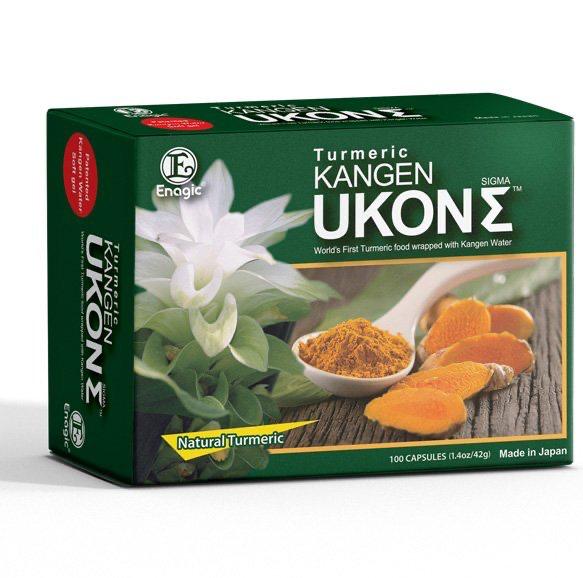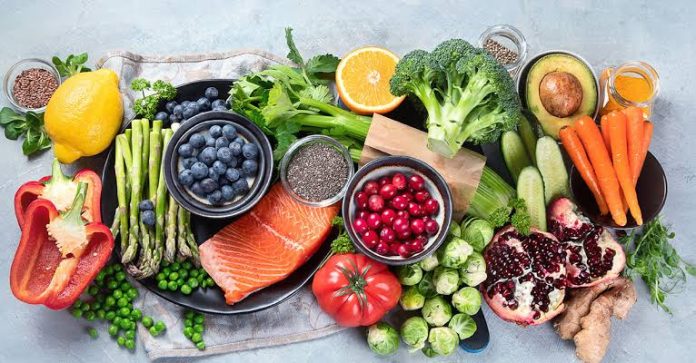The 5 Best Vegetables for Better Blood Pressure, According to Dietitian
All veggies are good, but these are particularly potent at protecting your heart from the negative effects of high blood pressure.
According to the Centers for Disease Control and Prevention, about half of adults in the United States have high blood pressure and only 1 in 4 adults have it under control.
Among these nutrients, potassium is most known for its role in lowering blood pressure. “Potassium works in a couple of different ways: It helps your body flush out excess sodium and relaxes the walls of your blood vessels, which allows more blood flow,” says registered dietitian and cookbook author Sarah Pflugradt, RD.
Below is a list of the best vegetables for better blood pressure. Each is rich in key nutrients that can help keep your numbers in check when eaten regularly.
 Learn More
Learn More1. Potatoes
“Potatoes are bursting with potassium. They have even more of this mineral than a banana,” says Berger. Pflugradt agrees: “This vegetable is on the top of my list because one medium-sized baked potato has about 600 milligrams of potassium,” which is about 13% of the Daily Value. While all types of potatoes are potassium-rich, “some studies have shown that the bright hue of purple potatoes may give them an advantage of promoting decreased artery stiffness, which helps reduce blood pressure,” says Berger. They contain anthocyanins, a powerful antioxidant that gives this type of potato its purple hue.
Plus, potatoes are inexpensive, versatile and easy to prepare, and they prove that lowering your blood pressure can be tasty! They’re the perfect vehicle for stuffing or turning into a healthy potato salad. And everyone loves a homemade mashed potato or baked wedge fry.
2. Beets
“Beets and beet greens are a good source of nitrates, which help relax blood vessels and may improve blood pressure,” says Vandana Sheth, RDN, CDCES, FAND, a registered dietitian nutritionist and author of My Indian Table: Quick & Tasty Vegetarian Recipes. In addition, she adds, “A 2018 study showed that beetroot juice can lower blood pressure for some healthy individuals and people with elevated blood pressure, due to its high concentration of nitrate.” Beets are also loaded with other nutrients, like potassium, fiber, folate, manganese, vitamin C and iron—many of which have also been linked to lower blood pressure.
Beets are in season in the winter months, and they lend an earthy flavor to raw and cooked dishes. You can roast them in the air fryer, add them to a winter salad, mash them into a hummus or use them in a grain salad. Although slightly bitter, the green tops of the beets are also edible. Try adding them to pestos or dips to cut down on food waste.
READ ALSO What to do when you are going through depression
3. Tomatoes
“Tomato and tomato products are rich in potassium and lycopene, two nutrients which may improve blood pressure and overall heart health,” says Sheth. One cup of cherry tomatoes has 395 milligrams of potassium, 8% DV. Lycopene is an antioxidant that makes these fruits red. There is no set recommendation for the amount of lycopene needed each day, but tomatoes are one of the best sources, with cooked tomato products containing even more than the raw variety. “A 2021 review found the lycopene in tomato extract to significantly lower blood pressure in healthy people and those with elevated blood pressure,” says Berger.
Tomatoes are known for their starring role in soups, pasta, sauce and pizza, but they also make a great addition to savory tarts and protein-forward dishes. And, of course, fresh summer tomatoes are great to have around for snacking. Just wash, slice and top with a dash of salt and a drizzle of olive oil for a delicious flavor boost.

4. Green Leafy Vegetables
Kale, spinach, cabbage, collards and other leafy greens are rich in dietary nitrates, which serve as a vasodilator that widens the blood vessels and improves blood flow. “Some research suggests that eating at least 1 cup of leafy greens per day can help to reduce blood pressure and the risk of cardiovascular disease,” says Berger.
READ ALSO What to do when the going gets tough
Since there are so many varieties, leafy greens can fit into almost any dish. Whether you prefer a simple spinach salad, cooked collard greens, collard green wraps, or kale chips, the possibilities are endless with leafy greens.
5. Winter Squash
There are lots of types to choose from—including acorn squash, butternut squash, kabocha and spaghetti squash. All have a vibrant yellow or orange hue and a starchy flesh that is packed with potassium. One cup of winter squash has about 8% DV of potassium, as well as other nutrients, like vitamin A, fiber and vitamin C.
Winter squash is most readily available in the colder months, but it’s also conveniently sold as frozen cubes so you can enjoy it all year round. Butternut squash adds a pleasantly sweet and starchy flavor to enchiladas and stuffing, and acorn squash is the perfect size for stuffing. Spaghetti squash has an ideal texture for one-dish casseroles.
The Bottom Line
Blood pressure is an important element of heart health. Maintaining healthy levels can ward off the risk of heart disease and stroke. Adding these five veggies—potatoes, beets, tomatoes, leafy greens and winter squash—to your plate increases the nutrients that contribute to a healthy blood pressure and help keep your heart healthy and strong.













![The 17 Habits Of Truly Wealthy People That you can easily adopt now [Real powerful stuff]](https://worldfamilydigest.com/wp-content/uploads/2022/02/FA033A84-800B-424D-8DEA-2BB8AD9E91F6-100x70.jpeg)

